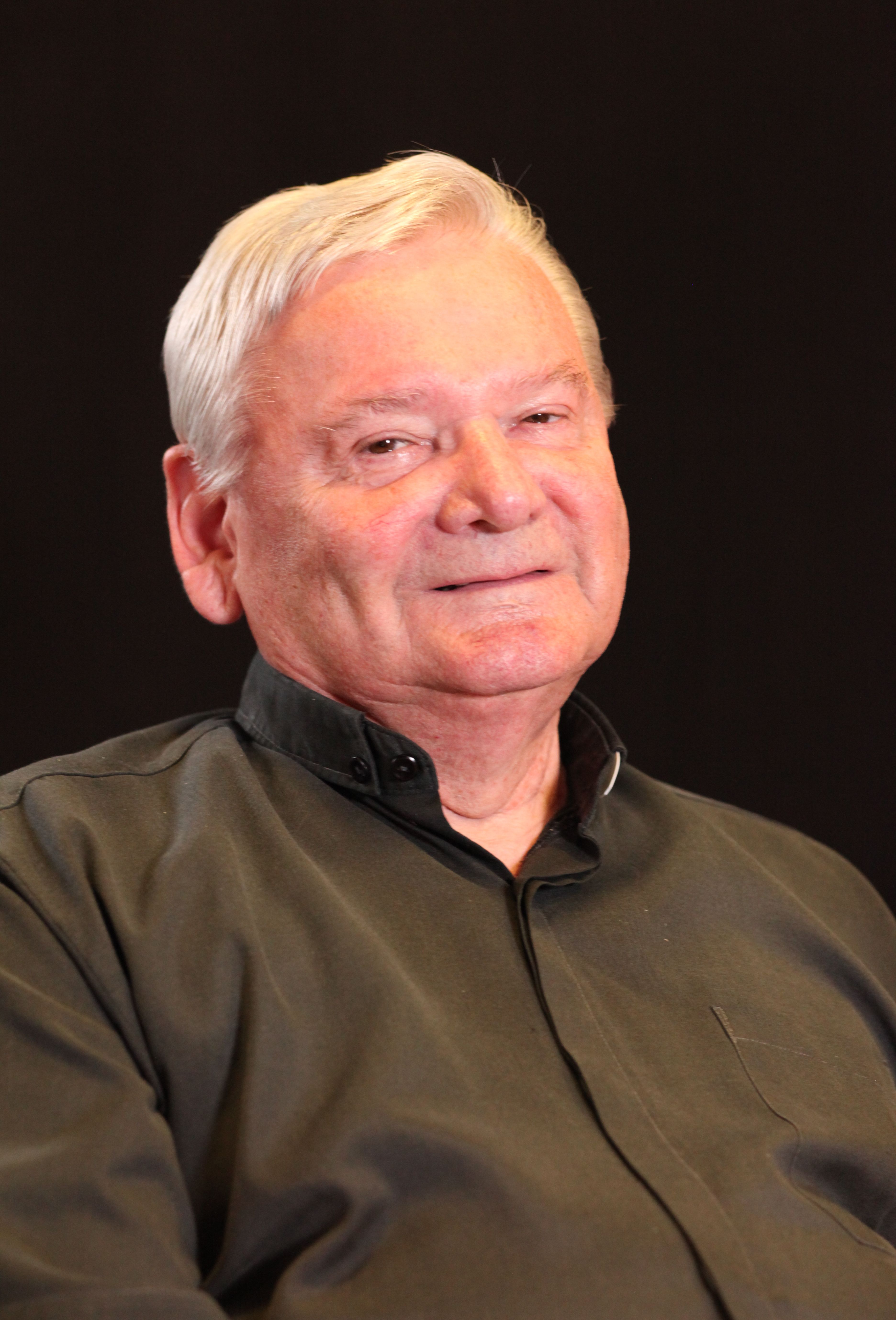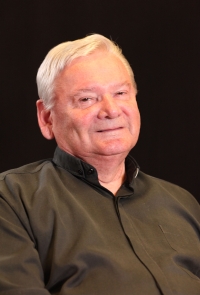The Velvet Revolution must take place in our conscience

Stáhnout obrázek
Vojtěch Šíma was born on 11 December 1947 in the Sudetenland in the village of Heřmanice u Oder. His family originally came from nearby Spálov, in Heřmanice his parents chose a larger cottage after the war after the Germans were displaced and started farming. All seven children were brought up in faith. In 1950, the Šimas reluctantly agreed to join the local JZD, and their father worked there as a zookeeper. Vojtěch had no choice after primary school because of an unfavourable political assessment and entered an agricultural apprenticeship. Later, he transferred to the secondary agricultural school, where he passed his matriculation exam. From 1967 to 1969 he served two years driving tanks in České Budějovice. Then in 1970 he entered the seminary in Litoměřice and on 28 June 1975 he was ordained a priest in Olomouc. During the period of normalisation, he served as parochial vicar in Uherské Hradiště, Staré Město and Otrokovice. He met illegally with other clergymen and prepared many activities for the faithful. He refused to join the loyal priestly association Pacem in terris. After the regime change he was the dean of the Zlín deanery and then until 2010 the rector of the Archbishop‘s Seminary in Olomouc. Since 2000 he has also been the episcopal delegate for the permanent formation of priests of the Olomouc Archdiocese. From 1998 to 2010 he was also canon of the Metropolitan Chapter of St. Wenceslas in Olomouc. In June 2004, Pope John Paul II appointed him a chaplain of His Holiness. In 2010 he became Dean of the Collegiate Chapter in Kroměříž, and at the same time he continues to serve as Rector of the Stojanov pilgrimage and spiritual retreat house in Velehrad, where he also lives.
